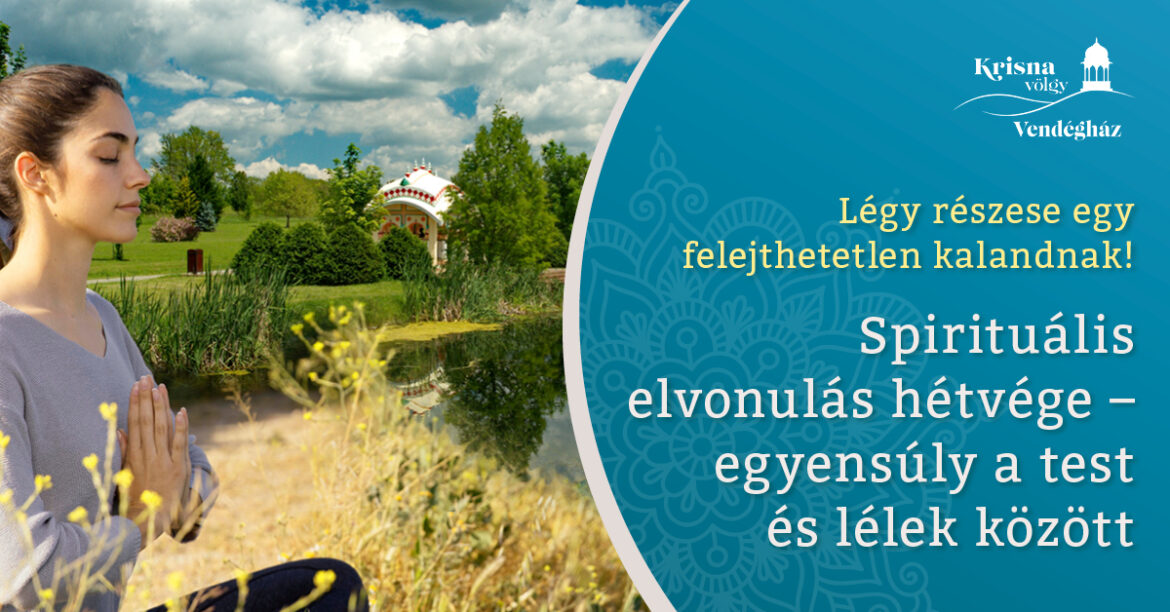Many people claim it is unnecessary, but if someone doubts the benefits of a trip, we recommend the next little piece of writing to you with love.
And YOU, who are willing to go read these thoughts with a smile on your face, for no penny is wasted money you spend on travel.
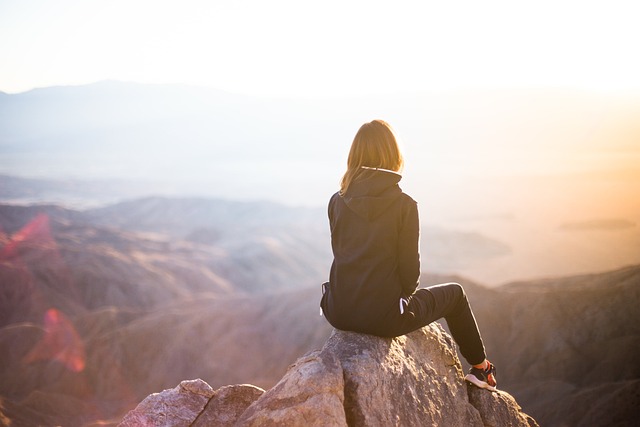
Travel is undoubtedly one of the best things in the world. Not only we, fanatical travellers state this, but science also supports this fact. Psychologists have published several studies in which they explain in detail the beneficial effects of travel on both physical and mental health. The journey fills us with energy and helps us to face the challenges of everyday life with renewed strength. We noticed that 80% of people prefer to organize longer vacations of 7, 10 or 14 days for themselves and their families… and expect redemption from a longer vacation in a year. However, several studies have shown that people who plan to travel/retreat for at least a few days every 3 months over the course of the year are much happier and more balanced, do their work more effectively and perform better than those who use their vacation at once, and take a longer vacation/trip.
It is important to be able to get out of the everyday treadmill at appropriate intervals and experience new things. Get to know new people cultures and taste delicious food. Whether it’s a beach holiday, a city trip or a retreat that provides a real recharge, the benefits are guaranteed.
Everyday life puts a lot of pressure on us, stress can adversely affect us both physically and mentally. The positive vibes experienced during a journey reduce the stress hormone in our body, which can prevent the development of other stress-related diseases.
But it is important to keep in mind that, in order to maintain this positive effect, and the balanced happiness, we must not only make plans for summer recreation, but also to give ourselves and our family a few days of rest each period of the year, so that we can maintain a healthy balance throughout the year. The cold and gloomy winter weekdays, the everyday challenges and the workload all affect us badly. During a holiday we relax, our well-being, our general health improves, our body’s stress hormone levels decrease. The results of an American study, conducted in 2000, show that regular holidays of people with cardiovascular problems have reduced the risk of heart attacks in the long run.
In addition to reducing stress, travel has even more beneficial effects. These include, for example, getting to know the world and ourselves better through a variety of programs, and new perspectives. We can get to know different cultures, make new friendships, so we become more open, and our problem-solving skills develop. Children who regularly travel, learn easier, and handle difficulties better. That is, the effectiveness of our holiday is essential and that we feel the positive impact on us for as long as possible.
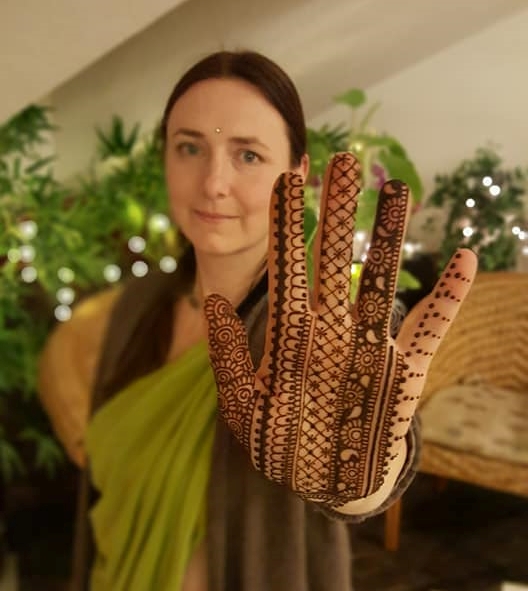

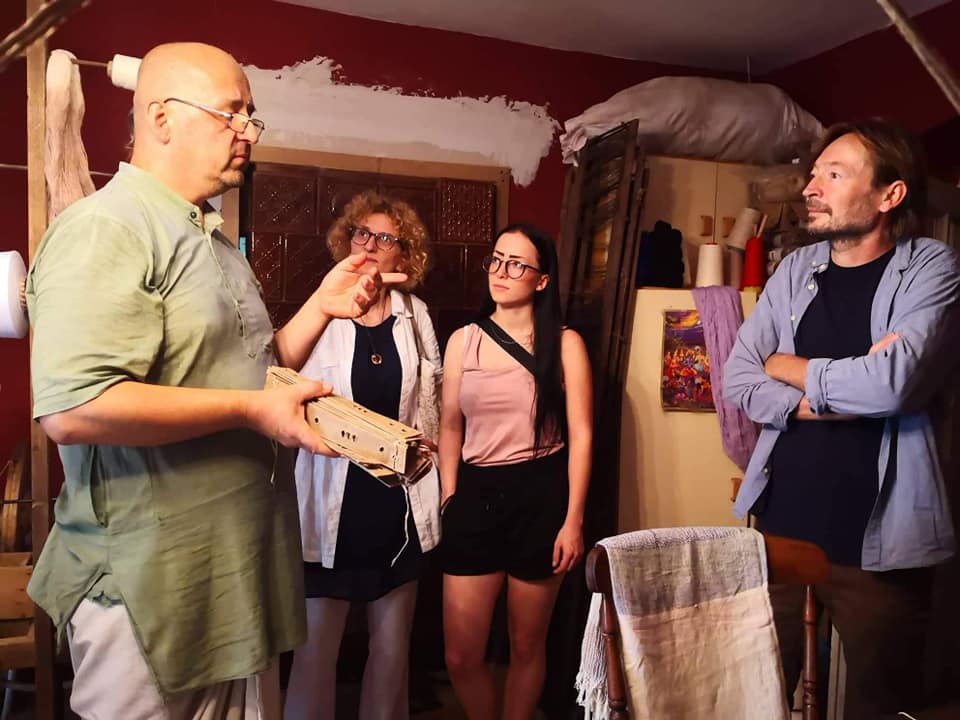

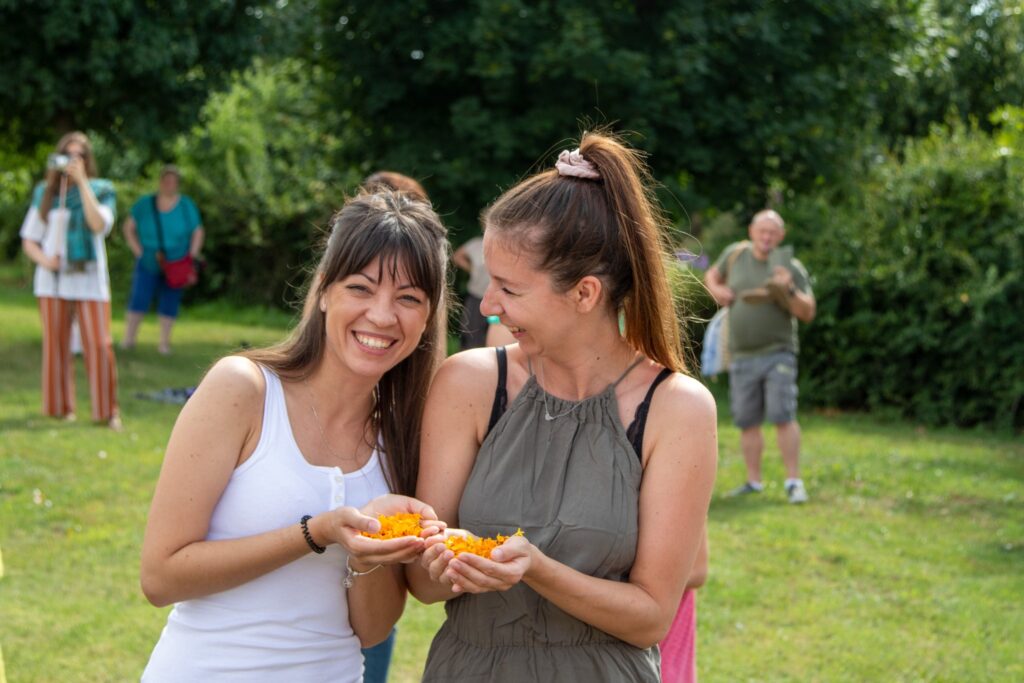
In 2010, Dutch tourism researcher Jeroen Nawijn introduced the so called typical holiday mood curve: that the happiness level does not rise at the beginning of the holiday, but after 2-3 days it rises steeply and falls again in the last days. One of the reasons for this is the idea that we are under pressure in the workplace again in a few days, so it strongly affects our mood. However, a 2002 British poll found that the beneficial effect was noticeable even before the trip, as the feeling of well-being improves already while planning the holiday, and we value our relationships and health more positively.
Surveys show how long the pleasant physical and mental state brought home from the holiday will have an effect on us. The answer is a little bit disappointing: one month after the holiday, the “batteries” charged during the holiday are completely “discharged”. This issue was addressed by Jessica De Bloom, a research psychologist at the university of Nimmwegen, who summarized
the results of all studies in 2009. So, the beneficial effect decreases after the first week of our return, then gradually disappears.
This was confirmed by a 2011 study: subjects were tested for 3-5 days of rest. The well-being of the respondents during their stay at the resort was not surprisingly improved, their stress levels decreased – however, on the third day after returning home, the well-being and stress levels also returned to their previous values.
This was confirmed by a 2012 study in which De Bloom asked people who returned from a vacation lasting an average of 23 days. After a week of work, they felt as tense as before the trip. But Bloom’s research shows that it’s better for those who take out their summer vacation as more shorter leaves.
“If we were to decide to travel for one longer or several shorter trips, I would definitely recommend more short breaks.”
the specialist said.
In addition to taking more short trips, we should make sure to spend quality time, and not to suddenly load ourselves after a longer absence. According to statistics, only one-third of Hungarians travel somewhere during the summer. 24%
of adults spend their holidays in Hungary, while only 9% go abroad. In addition, the duration of the holidays is gradually being reduced, and it does not reach 7 days at most of the times.
According to numerous surveys, one of the foundations for maintaining health is the ability to move away from work-related problems. And what would provide more brilliant conditions for keeping distance than a retreat? Where you can not only get rid of the daily fatigue but also learn how to properly manage your daily stress and anxiety throughout your life.



